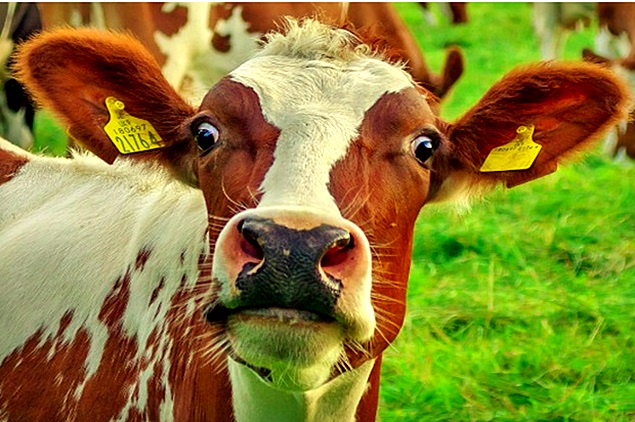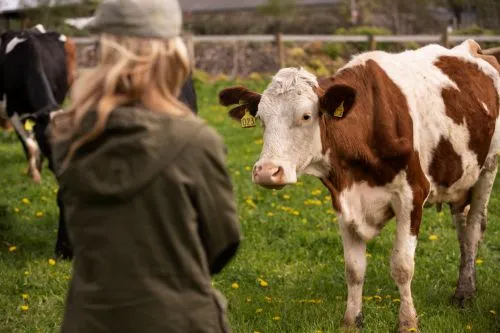1676

According to PoultryWorld, avian influenza has been identified in dairy cattle in Texas, Kansas, and New Mexico, as confirmed by US officials. This marks the first time that cows have tested positive for avian influenza.
Ongoing investigations
Investigations are underway in Texas, Kansas, and New Mexico and are being conducted by the US Department of Agriculture (USDA), the Food and Drug Administration (FDA), the Centers for Disease Control and Prevention (CDC), as well as state veterinary services and public health officials.
A USDA report stated that investigations are primarily among older dairy cows showing signs of illness, such as visibly decreased lactation, reduced appetite, and other symptoms.
The Texas Animal Health Commission confirmed that the subtype of influenza is known as H5N1. No cow deaths have been reported; however, this latest report follows recent news that the virus was detected in a goat in the state of Minnesota.
Testing
Testing took place from Monday, March 25, on unpasteurized clinical milk samples from sick cattle collected from 2 dairy farms in Kansas and one in Texas – these samples tested positive for highly pathogenic avian influenza (HPAI).
Based on findings in Texas, wild birds are believed to be the cause of avian influenza in cattle. Wild birds spread the virus through feces and oral secretions, and with birds migrating in the spring and summer months, increased farm cases are often reported.
Food safety
Initial tests conducted by the National Veterinary Services Laboratories found no changes in the virus to make it more transmissible to humans, indicating that the current risk to the public remains low.
The dairy product sector is required to send only milk from healthy animals for processing for consumption – milk from affected animals is diverted or destroyed so as not to enter the food supply.
Additionally, pasteurization of milk makes it safe for consumption – experts have emphasized that there are no issues with milk supply and that there is currently no concern regarding consumer health.
What's happening in Europe?
Thijs Kuiken, an avian influenza expert and professor at Rotterdam Erasmus MC in the Netherlands, told the news publication nrc:
"It's a mystery; why haven't we seen this anywhere in Europe, despite massive outbreaks in wild and domestic birds? This raises the question of whether cases have been missed here."
Referring to the Netherlands, Kuiken adds, "First, we should randomly test whether cows have antibodies against this avian influenza virus in their blood.
We should also investigate suspected cases of illness among cows in recent years, as well as, for example, sudden drops in milk production. And just be very cautious."
Avian influenza
Since 2020, HPAI H5N1 has been circulating among wild birds, regularly causing outbreaks and deaths in poultry farms and spreading almost worldwide, resulting in animal deaths and economic damage.
In the Netherlands, over 6.6 million birds have been culled since 2020. In addition to millions of birds, a large number of mammals have died worldwide.
In South America, around 32,000 sea lions died from the virus in 2023. Foxes, mustelids, seals, and grizzly bears were also infected. This marks the first time that ruminants have been identified with avian influenza, according to nrc.
In the US, the milk loss observed due to symptomatic cattle so far is too limited to have a major impact on supply and should have no impact on milk or other dairy product prices, USDA added. (Photo: Dreamstime)





